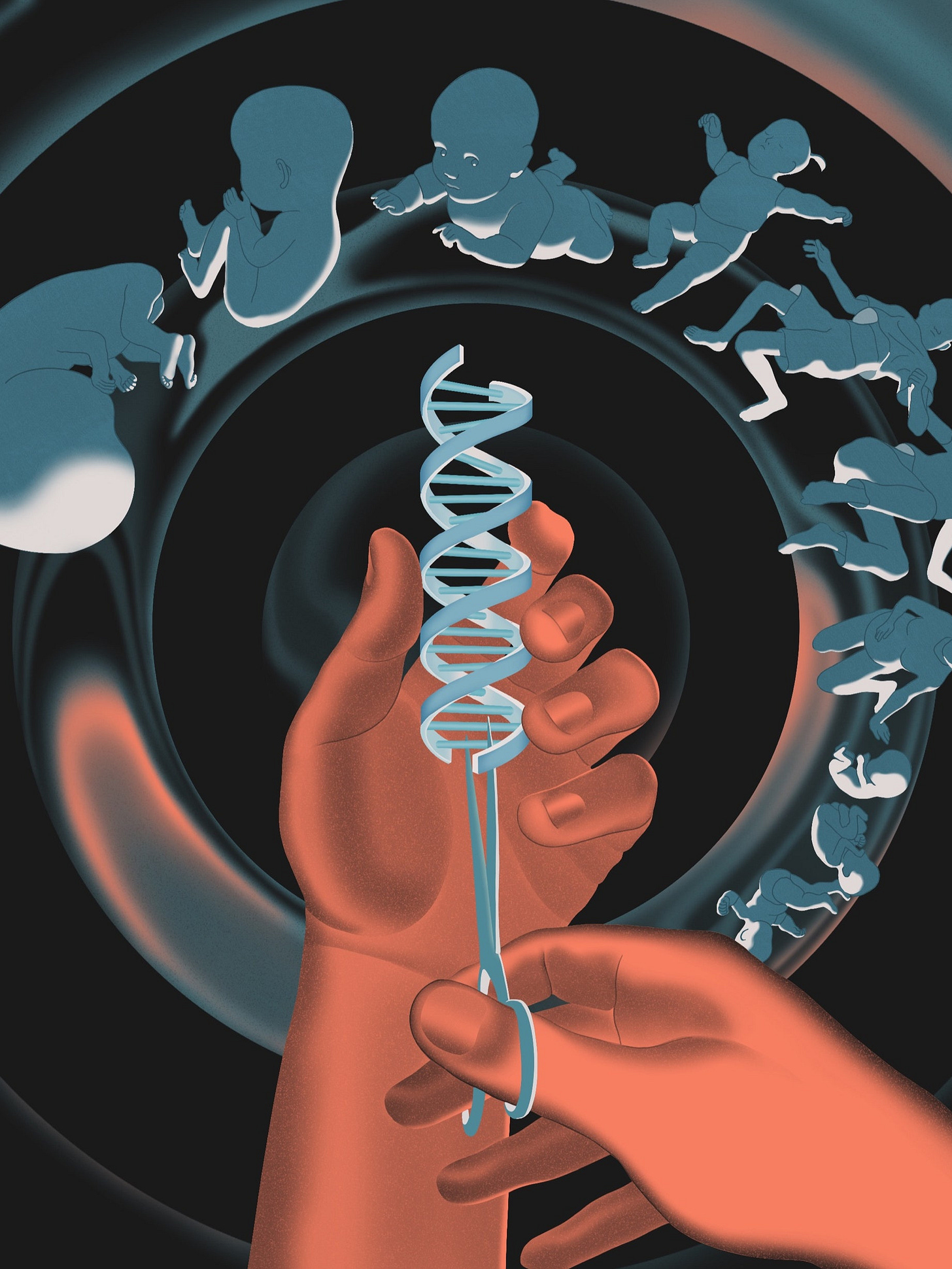Dear Friends,
As I’ve written about before, I have a particular love for the Book of Job – although I don’t know if I’ve explained that my AP Literature instructor, not any of my religious education teachers is responsible for that. Job was one of the very first things we read that year, followed by Archibald Macleish’s theatre of the absurd, play in verse J.B.
I think about that play regularly. And I think about phrases like saying that someone has “the patience of Job.” And, I think about Job covered in boils, refusing to curse God.
It probably doesn’t hurt that the world of Job feels a lot like the world of Milton’s Paradise Lost – and I famously confuse Milton and the Bible on some fronts. The way God and the Satan interface in Job lines up with the angel rebellion of Milton. It comes together in my mind.
But returning to Job. He certainly is a stronger man than I am. And, as clearly a piece of wisdom literature rather than history as Job is, his extraordinary uprightness has arguably done immense harm. It’s another side of the wellness prosperity Gospel – that God gives the toughest battles to His strongest soldiers or that God tests those God loves the most.
So many of the popular applications of Job are dangerous – for humans in general, and especially or those of us living with serious illnesses and disabilities, who provide significant caregiving labor, or who are otherwise on the margins. Is this really how God acts?
I don’t know. But what I do know is that what the Book of Job does well is to remind us of just how great and unknowable God is. As this week’s lectionary asks,
"Where were you when I laid the foundation of the earth?
Tell me, if you have understanding.Who determined its measurements—surely you know!
Or who stretched the line upon it?On what were its bases sunk,
or who laid its cornerstonewhen the morning stars sang together
and all the heavenly beings shouted for joy? (Job 38:4-7)
We weren’t there. We do not and cannot know. We are not before and beyond time, not like God. The space between who and what we are and who and what God is is unfathomable.
What can we know?
Maybe just one thing: that we will not be ultimately and absolutely destroyed.
God Promises
Alongside this week’s Track 2 reading from Job, the epistle from 2 Corinthians takes all the horrors of Job and puts them in the context of our sacred preservations.
We are treated as impostors, and yet are true; as unknown, and yet are well known; as dying, and see-- we are alive; as punished, and yet not killed; as sorrowful, yet always rejoicing; as poor, yet making many rich; as having nothing, and yet possessing everything. (2 Corinthians 6:8-10)
This is the God who promises Noah that we will not be destroyed ever again (we’re going to overlook God killing all of Job’s children – God replaced them after all). This is the God who blesses us well beyond our deservingness.
(This track is a slightly earlier section of 2 Corinthians, but it’s the same textual ideas and a favorite from my youth.)
But still, what do we do?
We are punished. We are afflicted. We are sorrowful. And yet we are sustained and loved and lifted up. It’s a dialectic. Both are true in God.
Bad Things, Good People, And God
Job is the king of “when bad things happen to good people,” and that is an essential question for our work with children. And there’s no good answer. Perhaps it helps simply to say, “bad things happen.”
It is not about good or bad people. It is just about free will and humanity. Bad things happen. And we are called to be the good in the midst of it, to usher in the kingdom of heaven here on earth. But nothing about this is easy.
Brian Bliss, a public theologian, author, and youth ministry pro brings the complexity of this to life in his 2022 book, Bad Things, Good People, and God: A Guide for Teens. Here, he refuses to shy away from suffering and evil, but he also doesn’t leave us to sit in that devastation. We are actors in the midst of it all.
As for knowing that God is with us, suffering alongside us, that may not be a comfort in the darkest times. But I think it does help to know that God isn’t making these bad things happen.
It’s the difference between a God who manipulates us like dollhouse dolls or puppets, and a God who created and loves us enough to let us made our own decisions in the world – a God who created elegant systems, like all of the science that structures our DNA, systems that, when set in motion amidst other created natural laws, sometimes go awry. My flawed body is a testament to those systems. God didn’t tweak my genes, but God sustains me even in my suffering, including the suffering that arises because of how those interacting systems play out.
God and Satan’s fitful match with Job in the crosshairs isn’t a story about how our world actually is, but a story about perseverance and trusting God. It isn’t a report of a real series of events or of a real man and his friends. It is a lesson about the God who is beyond our knowing and whose will ultimately favors us (Job’s restoration multiplied) even when we think all is lost.
It is not science and rationality but the overwhelming evil around us that so often breaks young people’s faith. I am taken by the Rev. Eric Liles communication uestions in his recent post for GrowChristians on teens and their developing faith - they are questions that continue to affirm God’s presence, even as they recognize that God can be a contentious idea. Among the questions he offers are:
What is it that you need just now to get past (insert hurt/ pain point here)?
What is it that you need from God to get past (insert hurt/pain point here)?
When do you feel closest to God’s love? Are there things I can do or say to help you move closer to God?
If you could ask Jesus one question, what would that be?
I highly recommend reading his full post and all the questions and considering how you might ask some of them to the people in your life and to yourself. What do you need from God right now?
Resource Round-Up
Kendall Vanderslice’s Bake with the Bible is going out of circulation! You can still get it through this month, though, so grab that today. (And check with your local network to see if you have a regional license of some sort, to save on this – there are a few license types.)
The Godly Play equity toolkit for The Ark & The Flood is live! I love being a part of this process and thinking carefully about how to hold everyone in our circle. Make sure to download it so you have the adjusted language for the coming program year!
Also in Godly Play news, it’s a good time to check the training schedule because there’s a lot happening this summer, including an online Doorperson Training workshop in August (and my core retreat in early September - come immerse yourself in this practice with me!)
Catch some great stories this summer with Paraclete Press’s summer storytime! Friend of the newsletter Glenys Nellist will be reading on August 8th, sharing her recent release, Song of the Seasons.
Illustrated Ministry is soliciting testers for their new youth curriculum! You can sign up here. They also have some REALLY good sticker sales happening right now. I couldn’t say no to a 50 pack of the big “You Got This” stickers for $15!
Where are you in your preparation for the next season of programming? What supports would help your program thrive? Let me know!
Finally, I’m less than a month out from the Wild Goose Festival! I love sharing Godly Play there each summer. Will I see you there?
Peace,
Bird





